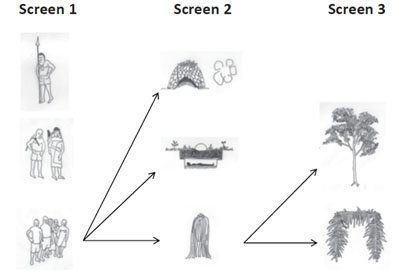Early adopters: Africa’s hunter-gatherer Pygmies go hi-tech to combat loggers
If you were asked to rank the peoples of the world in terms of their enthusiasm for the things of the 21st century, it is a fair bet that Singaporeans, Japanese, the coastal-dwelling communities of America and perhaps Scandinavians would be near the top of your list. Groups like the Amish, Afghanistan’s Taliban, the nomads of the Sahara and the creationists of the American interior are likely to be somewhat further down.
Compared with the hunter-gatherer Pygmies of the Congo Basin, however, these latter groups are novelty fetishists. Said Pygmies not only spurn such commonplace phenomena of the modern world as farming, villages or towns, and houses; they also get by perfectly well without reading, writing, or ever venturing out of their rainforest home. They are, you could be forgiven for thinking, the Luddite’s Luddites.
But in a paper published last March, the anthropologist Jerome Lewis showed a different side to a people who at first glance appear so stick-in-the-mud. The paper is worth reading in full for its exposé of how it is not just rapacious logging companies but also conservationists who are destroying the Pygmies’ traditional way of life, but its most arresting passages describe how these forest-dwellers have embraced modern technology to combat the threats they face.
Logging tramples on the Pygmies’ sacred sites, destroys their favoured campsite locations, and removes vital hunting and gathering grounds (the fencing off of national parks to protect the forests from the loggers has a similar effect). Rates of malnutrition among Pygmies have increased since African governments, in attempting to alleviate poverty at a national level, made it easier for loggers to strip the forests. ‘We who are older notice that all that was in the forest before is getting less,’ complained a Pygmy elder interviewed by Lewis. ‘We used to always find things – yams, pigs and many other things. We thought that would never end. Now when we look we can’t find them any more.’
To counter these blights, the Baka Pygmies of Cameroon and their Mbendjele counterparts in Congo, assisted by a handful of local and international NGOs, have adopted a novel solution. (more…)

